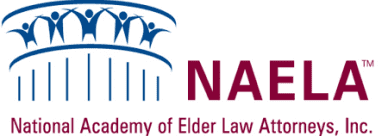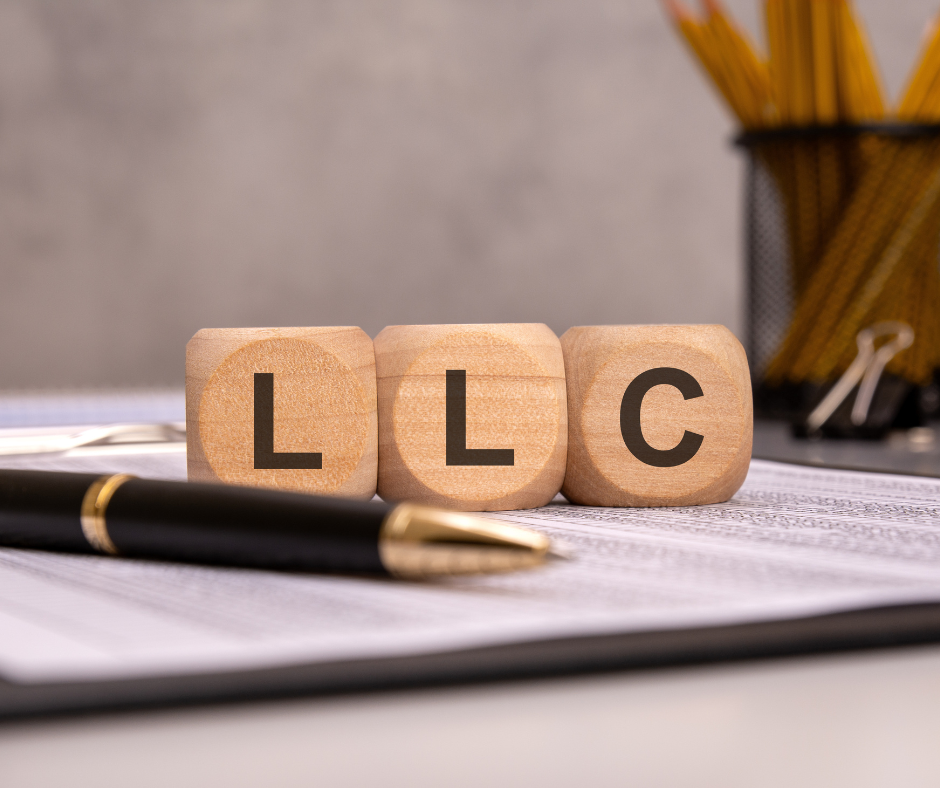How Probate without a Will works in Massachusetts
What Happens If You Die Without a Will?
Probate is the process of transferring ownership of assets to others after someone has died. Unfortunately, dying without a will results in a potentially complicated probate process in which Massachusetts estate law will determine what happens to an estate.
An estate without a will is known as intestate. During probate without a will, your assets will be distributed to your heirs according to intestate succession laws unless other beneficiaries have already been designated. Some common assets that often transfer ownership to beneficiaries even without a will are:
Property with a right of survivorship.
- Many jointly held properties, such as real estate or vehicles, will have a right of survivorship in which the deceased party’s share of the property will transfer to the co-owner upon death. Should all co-owners die at the same time, the property would be subject to intestate succession laws.
Property in a trust.
- If you have already placed property in a trust, including a revocable living trust, the property will pass in according to the terms of the trust.
Property with named beneficiaries.
- Even though many people might forget they have done so, several types of assets ask you to establish beneficiaries at the time of creation. This includes money in pay-on-death bank accounts, retirement funds and life insurance proceeds.
How Does Probate Work When There Is No Will?
The first step in probating an estate without a will is to file a petition with probate court. The court’s job is to establish that the decedent died without a will, begin to determine the heirs and appoint a personal representative to administer the estate.
After the petition is filed, a court date will be set and a number of other documents must be submitted to the court, including a Surviving Spouse, Children, Heirs at Law form.
The next step for the petitioner is notifying anyone who might be considered a person interested in the estate, such as a surviving spouse, children, any other heirs or the office of the attorney general when there are no immediately known heirs.
At any point in this process, complications can arise, such as if any heirs require representation because of age or incapacity. The petition may be contested by any interested party, resulting in further hearings.
Who Is the Next of Kin When Someone Dies Without a Will?
When a married person dies intestate, what the spouse inherits depends on the number of next kin still living. The deceased person’s surviving spouse, children and their dependents, parents, and then siblings and their descendents are the next of kin.
The law clearly spells out how to divide intestate shares of estate. For example, if the decedent has both a living spouse and living parents, but no children, then the surviving spouse will inherit the first $200,000 of intestate assets, plus three-quarters of the balance. The remaining one-quarter will go to any living parents of the decedent.
Determining next of kin can be a complicated process. In fact, the state of Massachusetts has a chart that is used to determine degrees of kinship — and therefore the amount one is entitled to inherit. It is used when the most immediate next of kin mentioned above are not available to inherit.
Tell Us About Your Concern
Contact Us Today for Your
Case Evaluation
- Your Information Is Safe With Us
The circumstances around each estate are unique, but the one certainty is that careful estate planning will reduce the amount of time needed to settle an estate.
Without a will, simply opening the probate process can take several months, and a number of circumstances can prolong it, even for years:
- Heirs that cannot be located
- Assets that cannot be determined
- Documents needed for probate that cannot be located
- Disputes over who should serve as personal representative
- Settling of valid debts (creditors have up to 12 months to make a claim)
On average, probate even with a will lasts nearly two years, extending the financial and emotional toll on surviving family members. The results of the estate administration process will be entered into public record. Probate files may contain only a single record or multiple documents, such as inventories, petitions and lists of heirs.
Can I Avoid Probate Without a Will?
A number of ways to avoid probate without a will are available, although they are not all created equal.
- Give away assets. Of course, it is not always possible to know when you should begin this method of avoiding probate, and there is the possibility of a federal gift tax applying depending on the value of the assets you give away.
- Establish right of survivorship. One of the advantages of jointly held property is the ease with which it transfers after one owner’s death. On the other hand, it is subject to a number of drawbacks, especially if the relationship between the estate holder and a co-owner changes.
- Name beneficiaries. By naming pay-on-death or transfer-on-death beneficiaries for all assets, you can bypass the need for probate while ensuring that even non-heirs are able to be provided for. On the other hand, this can be a tedious task, especially if you ever decide you want to make changes such as adding or removing beneficiaries or changing the percentages of the benefits.
- Make a will. This seemingly most simple solution often simplifies the probate process, but it will not avoid probate, as a will always goes through probate.
- Establish a trust. A trust allows you to structure how your assets will pass to your heir or other beneficiaries, outside of the probate process.
Avoiding probate altogether can speed up your loved ones’ access to your estate, save money on both legal fees and taxes, and preserve your family’s privacy.
Whether you find yourself needing representation during an intestate probate process or want to consult with a wills and estate planning attorney near you to avoid being unprepared, The Law Offices of Kimberly Butler Rainen will help you evaluate your personal needs and work with you to develop a plan of action.
Contact our office today to schedule a probate consultation or discuss your estate planning needs.
Professional Associations




Contact Us Today
Real Clients, Real Testimonials
Contact Us
- Your Information Is Safe With Us


